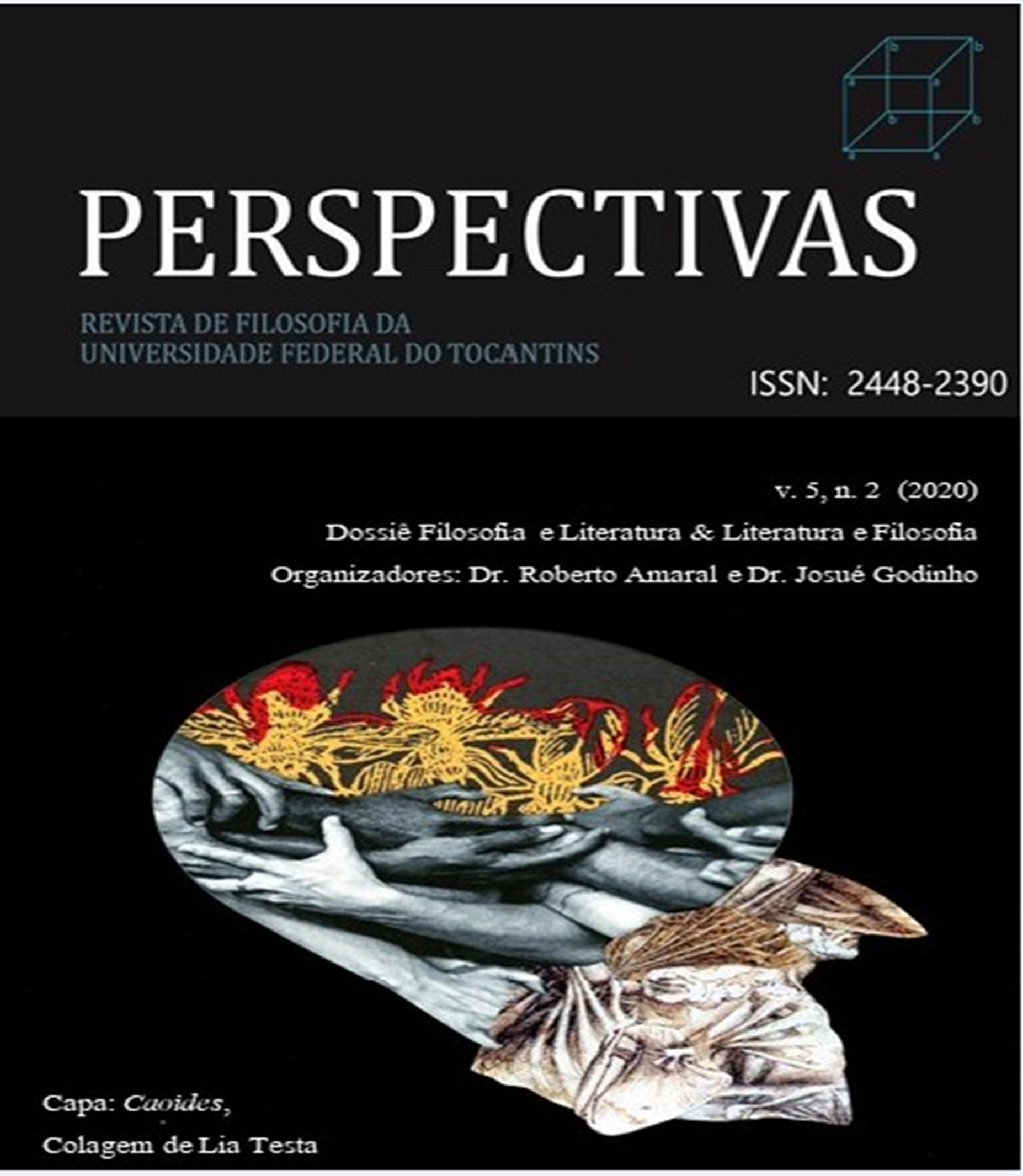Todos os nomes, de José Saramago
O labirinto da linguagem que evoca a humanidade
DOI:
https://doi.org/10.20873/rpv5n2-73Abstract
José Saramago's work became known for the peculiarity of the narratives that address
significant themes related to men's problems with their time, such as fear of death, history and
its weight in society's memory, the most diverse feelings and also the problems that constitute
contemporaneity. In the cycle of allegorical novels, José Saramago writes novels in which he
elaborates a critique of society focused on selfishness, loneliness, unbridled consumerism and
inequalities. All the names, published in 1997, is a novel that deals with the idea of the name,
in an allusion to the language and the identity revealed through the name attributed to each
individual. The idea of the name and of everything it brings, is in Walter Benjamin in several
texts, but specifically in Escritos sobre mito e linguagem. From the premises of Benjamin and
critical texts about the work of José Saramago, this article presents a reading of the novel All
the names, establishing relationships between language a and the representation of individuals
that is established in the constitution of the name.
Downloads
Published
How to Cite
Issue
Section
License
The Magazine is under the Creative Commons Attribution 4.0 International Public License (CC BY 4.0), according to which:
1) The authors retain the copyright and grant the journal the right of first publication, with the work simultaneously licensed under the Creative Commons Attribution which allows the sharing of articles published with the recognition of authorship and initial publication in this journal.
2) Authors are authorized to enter into additional contracts separately for distribution of the version of the work published in this journal, as long as there is recognition of authorship and initial publication in Perspectivas.
3) Authors are authorized and encouraged to disseminate published texts with proper references to the journal and its authors.





















